Harriet Lieber: Finding Meaning in the Gap
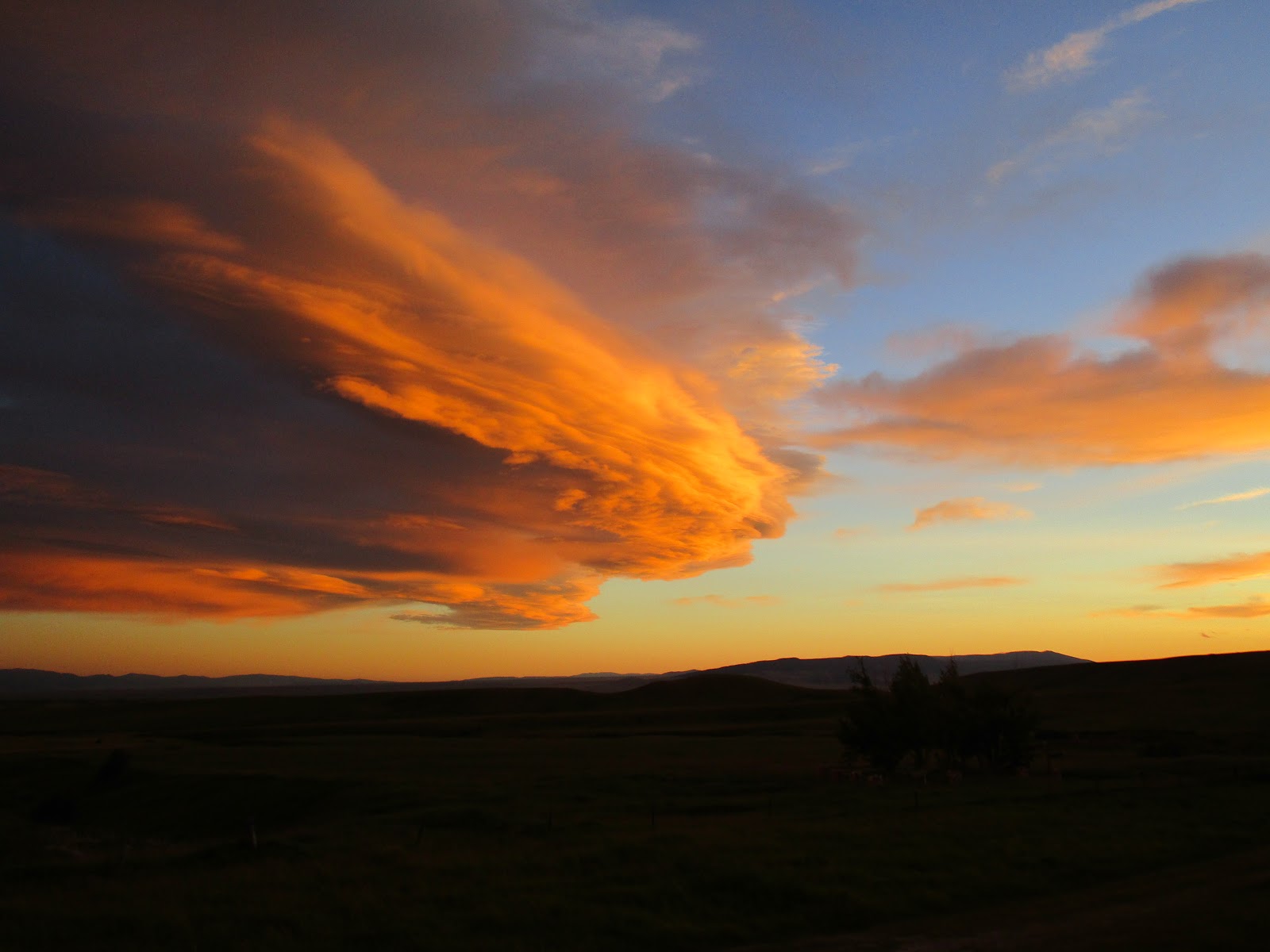
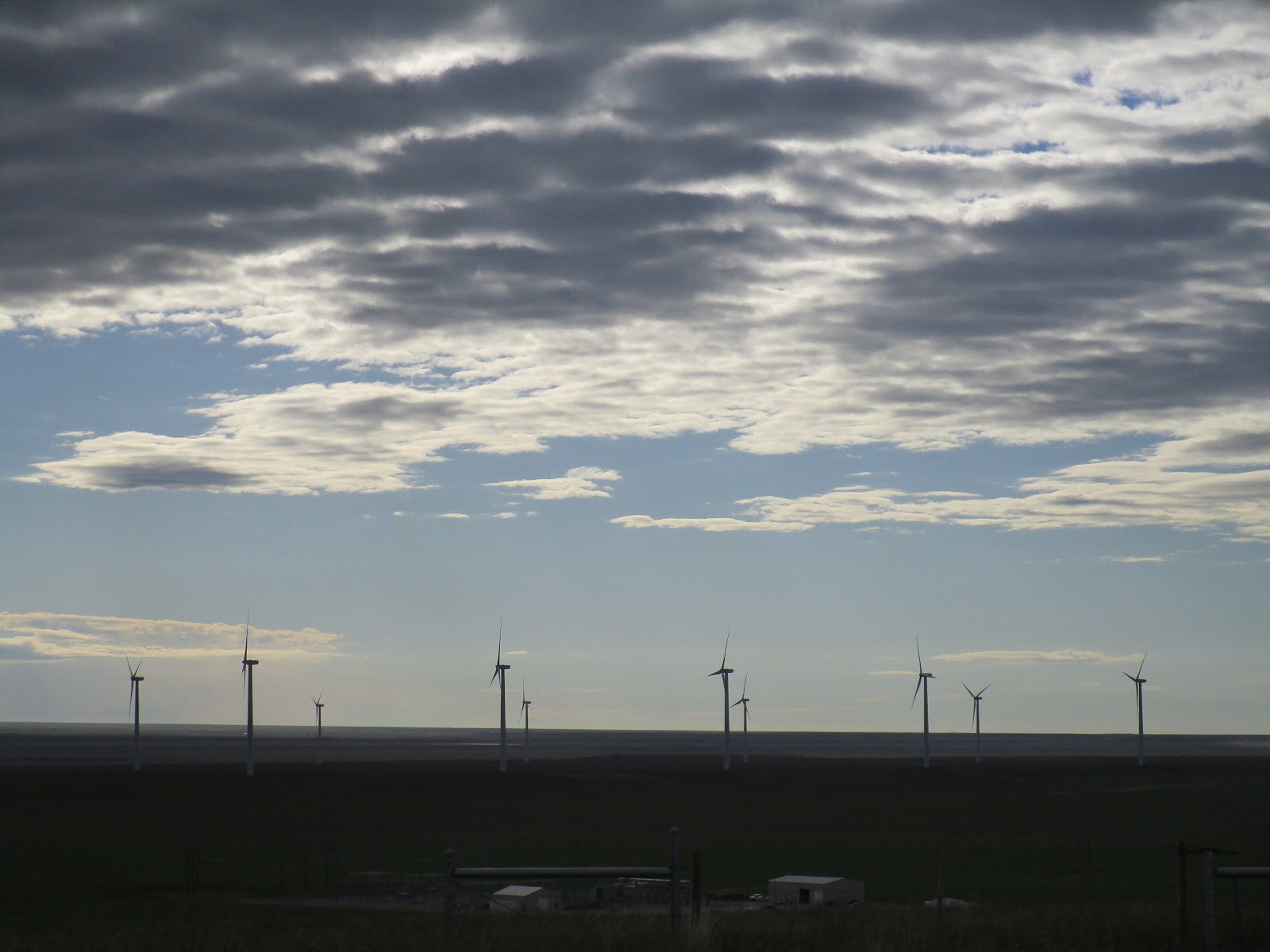
I applied for the travel grant intending to unplug, relax and recharge after the demands of the school year. I also looked forward to experiencing a part of the country I had never been to before. My week in central Montana enabled me to do all of those things. What I hadn’t anticipated was that my time away in this quiet, beautiful place, would not just be about breathing deeply and taking in my surroundings, or reading a good book uninterrupted, but that it would provoke new ways in which I would start to think about our country. I was warmly welcomed by people who did not know me, whose lives and priorities and politics were very different from my own, and I gained a sliver of insight into some of what shapes those different ways in which we each see our world.
Judith Gap is not Yellowstone or Bozeman or Billings and does not have a university or other draw. It is not a place people generally seek out, but for the people who live there, life is challenging in ways that we may not ever consider when we read news reports or listen to Senators speak or even when we visit a national park in another part of the state. Being there gave me an opportunity to think about how profoundly our environment and our basic needs shape our ideologies.
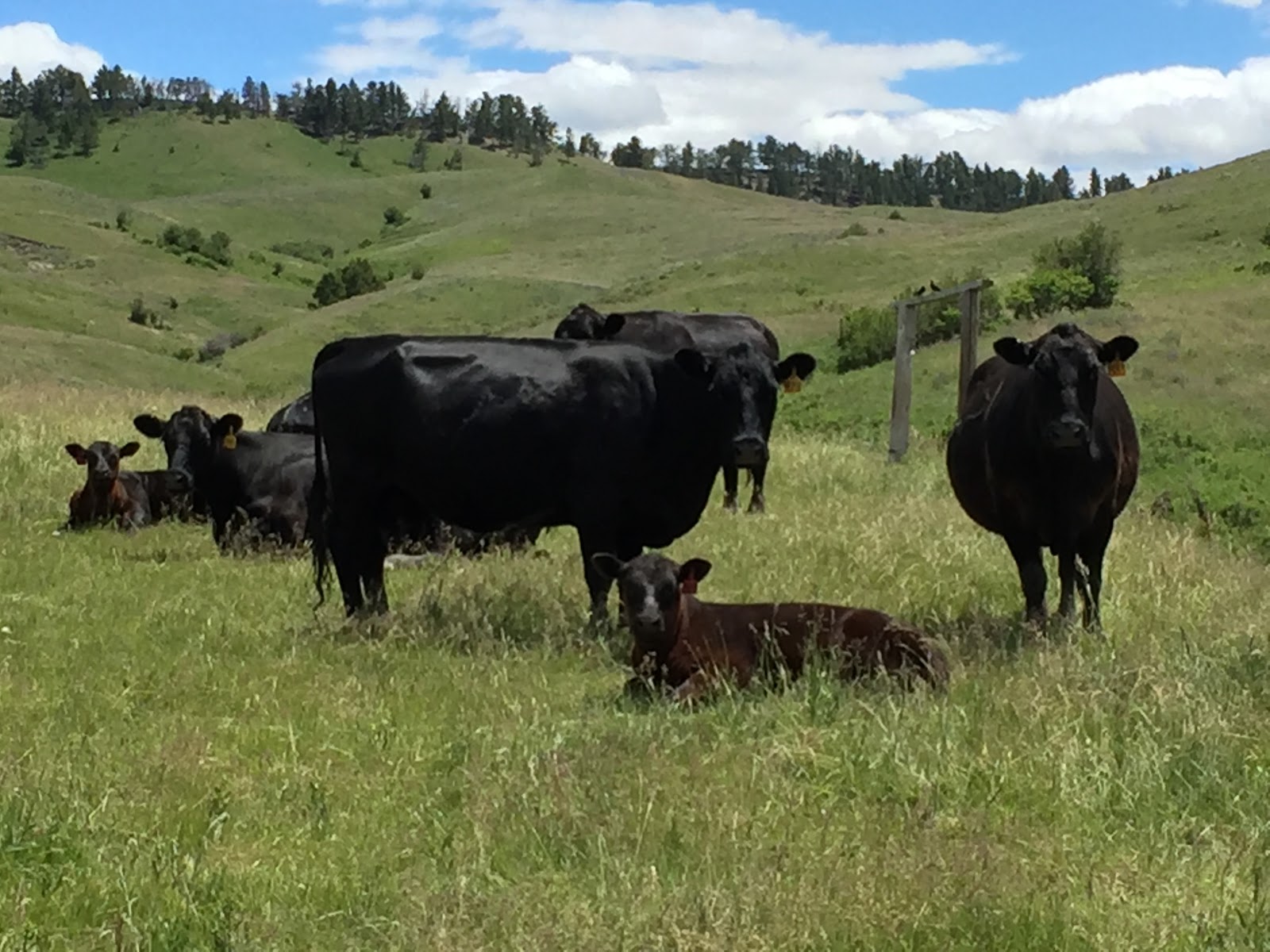
Climate change more immediately and intimately affects the lives of ranchers in Montana than those of us in New York, but the more likely topic of conversation is not about global warming but about how much snow cover there was over the winter, which will result in both how much hay there will be in the summer and the level of the water supply, as well as how dry the forest will be that year. Those issues dictate the success or failure of a rancher’s livelihood. The pressing issues are how are you going to feed your cattle, and how do you prevent or manage a fire, not necessarily why weather patterns have changed and what can be done globally to address those changes. I also learned that the gopher population had exploded in what was still the early days of summer. While there was a passing acknowledgment that some environmental shift had contributed to this, the larger conversation was about how to keep it under control so that cattle would not be injured by falling or tripping in the holes that dotted their grazing land. Ranchers proudly announced how many gophers had been shot and compared the numbers to those from the year before. I also heard about a mountain lion who had made off with two buffalo and began to think about the western culture of guns in ways that I had not before.
While I was there, I heard about land and inheritance, about marriage and land, about what happens if you don’t inherit land, and what happens when someone dies and you do inherit. I learned that getting sick or hurt in a place so far from anywhere can mean being airlifted out or death. I learned that even in a macho culture, women can be as tough as the men and respected for it but that gay men still feel the pressure to try to live their lives as heterosexual. I saw a woman raising two children and running a ranch by herself deal with what it means when your child needs you to take them somewhere. How do you leave? How do you manage the demands of parenthood and the demands of your cattle at the same time?
The people I met were smart and resilient and hard working and incredibly tough and very welcoming. The landscape was vast and breathtakingly beautiful. The sky was endless. I found a week of peaceful escape but also gained a good dose of insight. It was an extraordinary opportunity for which I am very grateful.
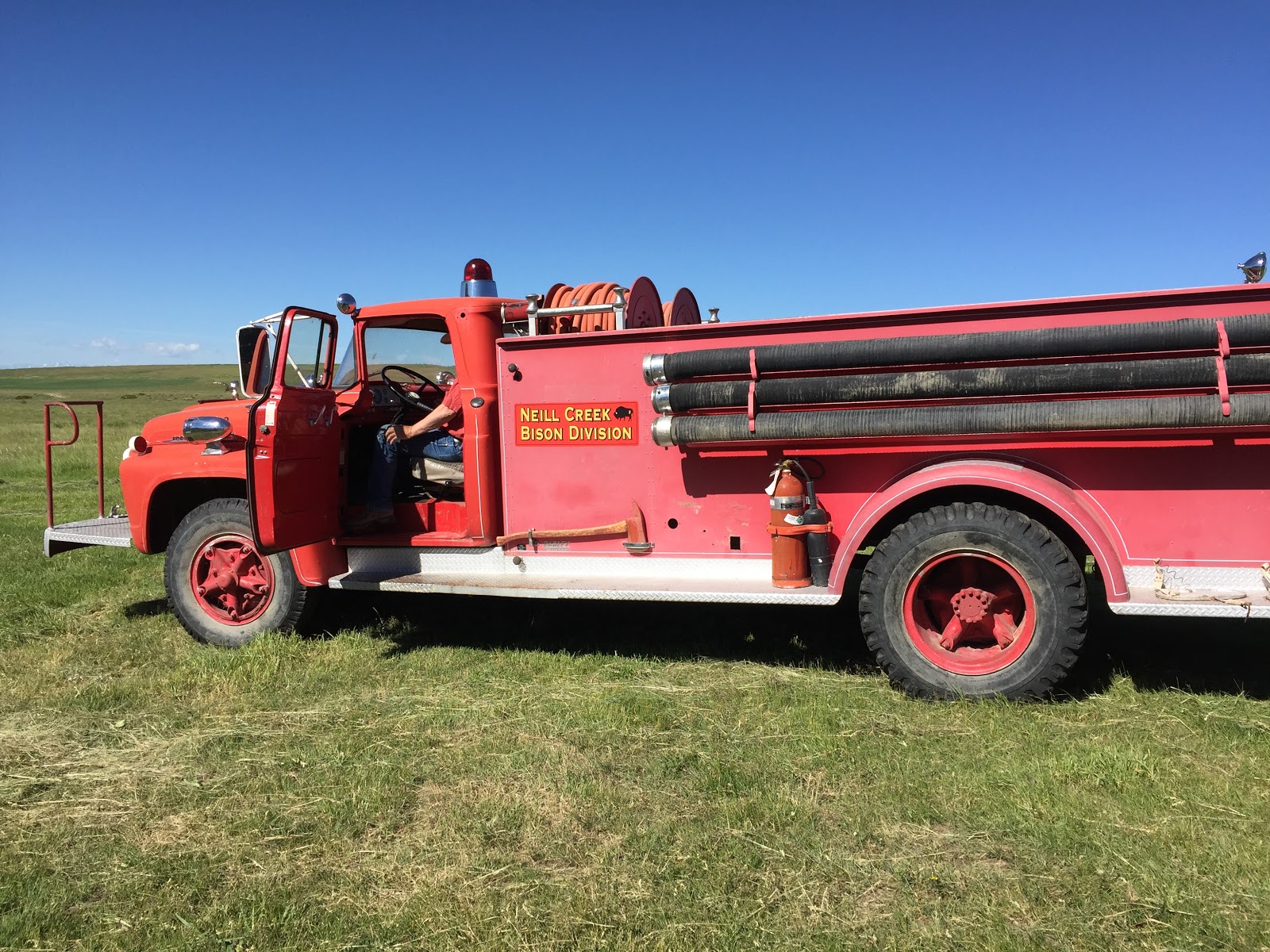
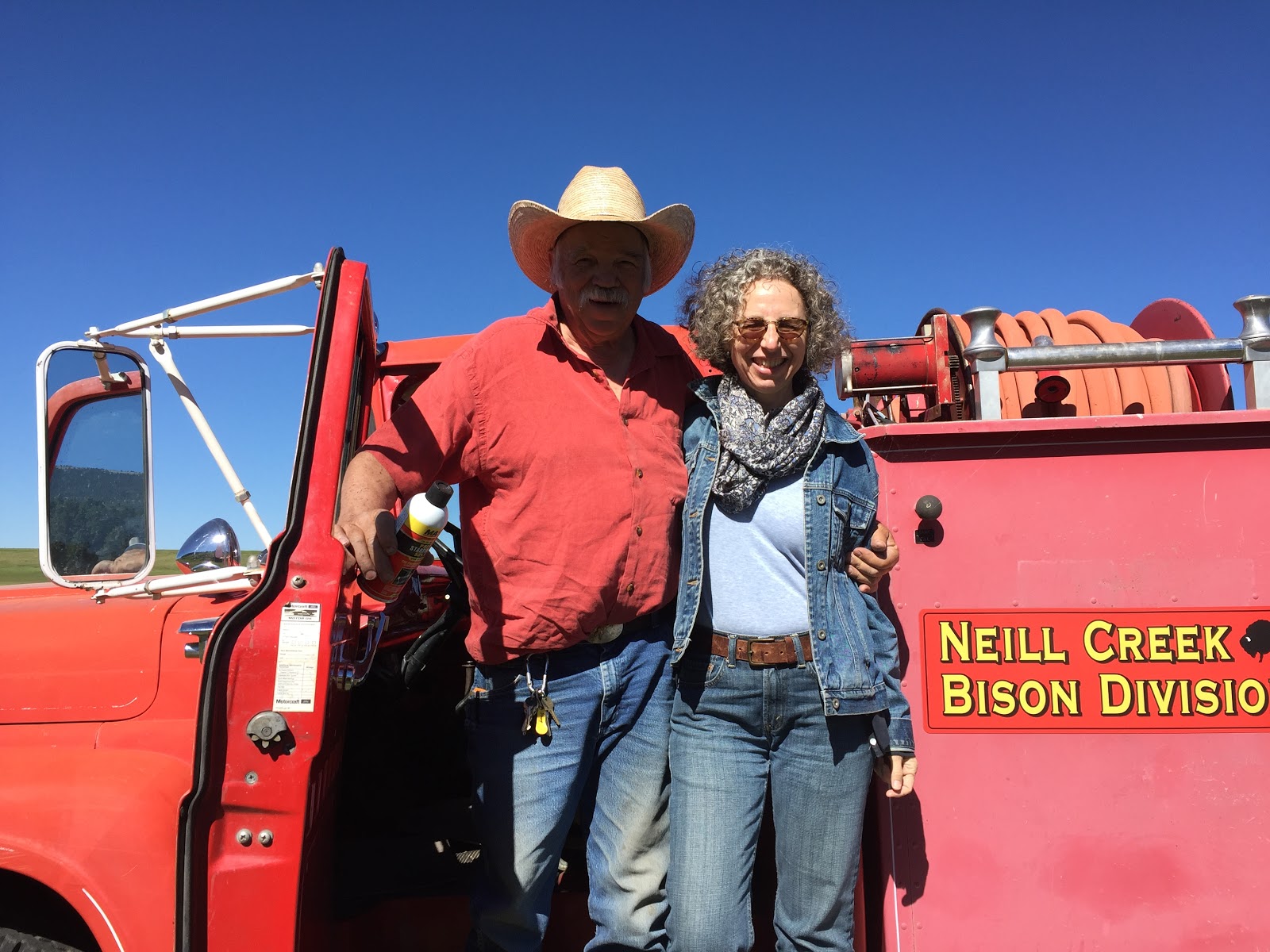
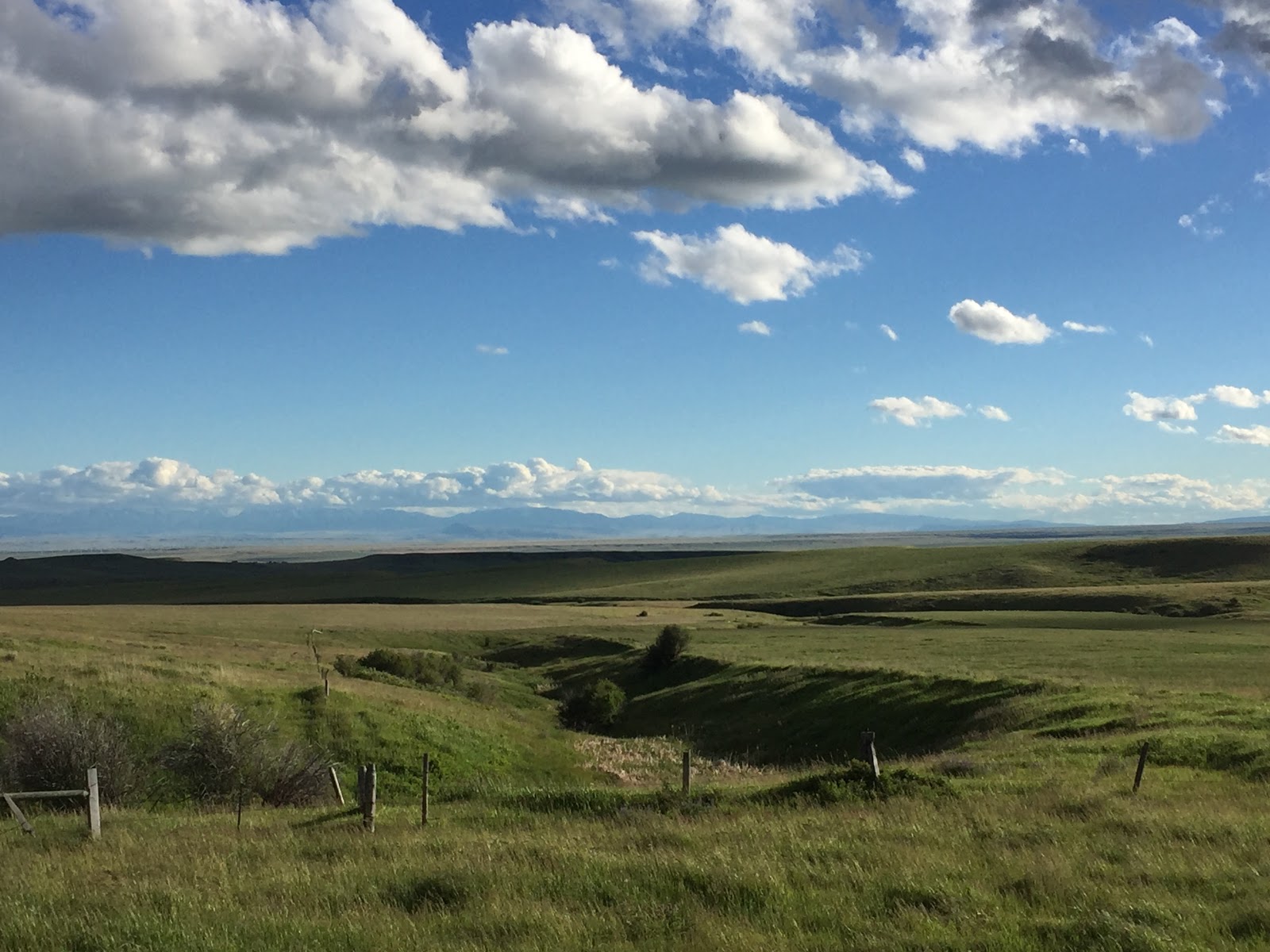
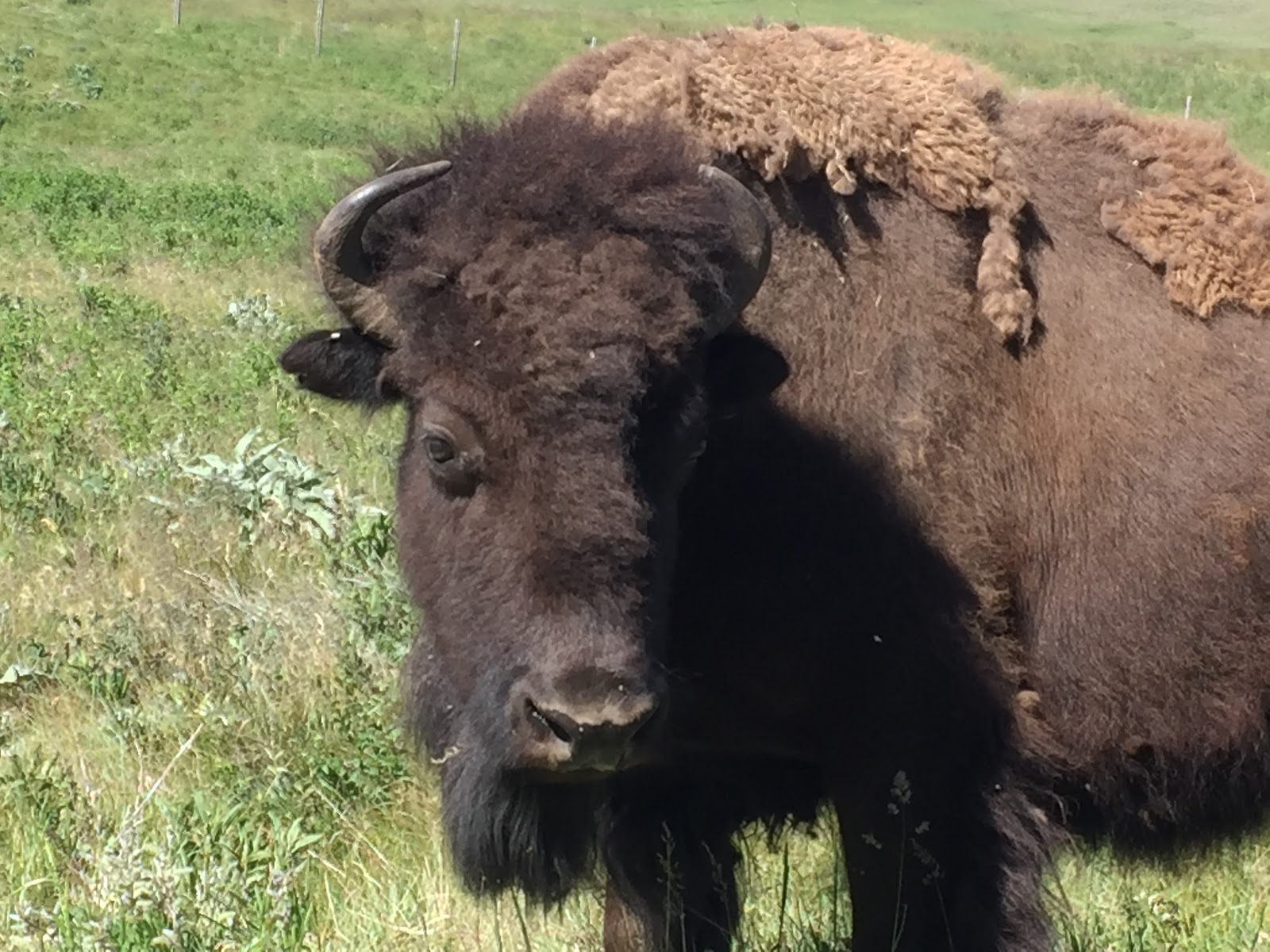
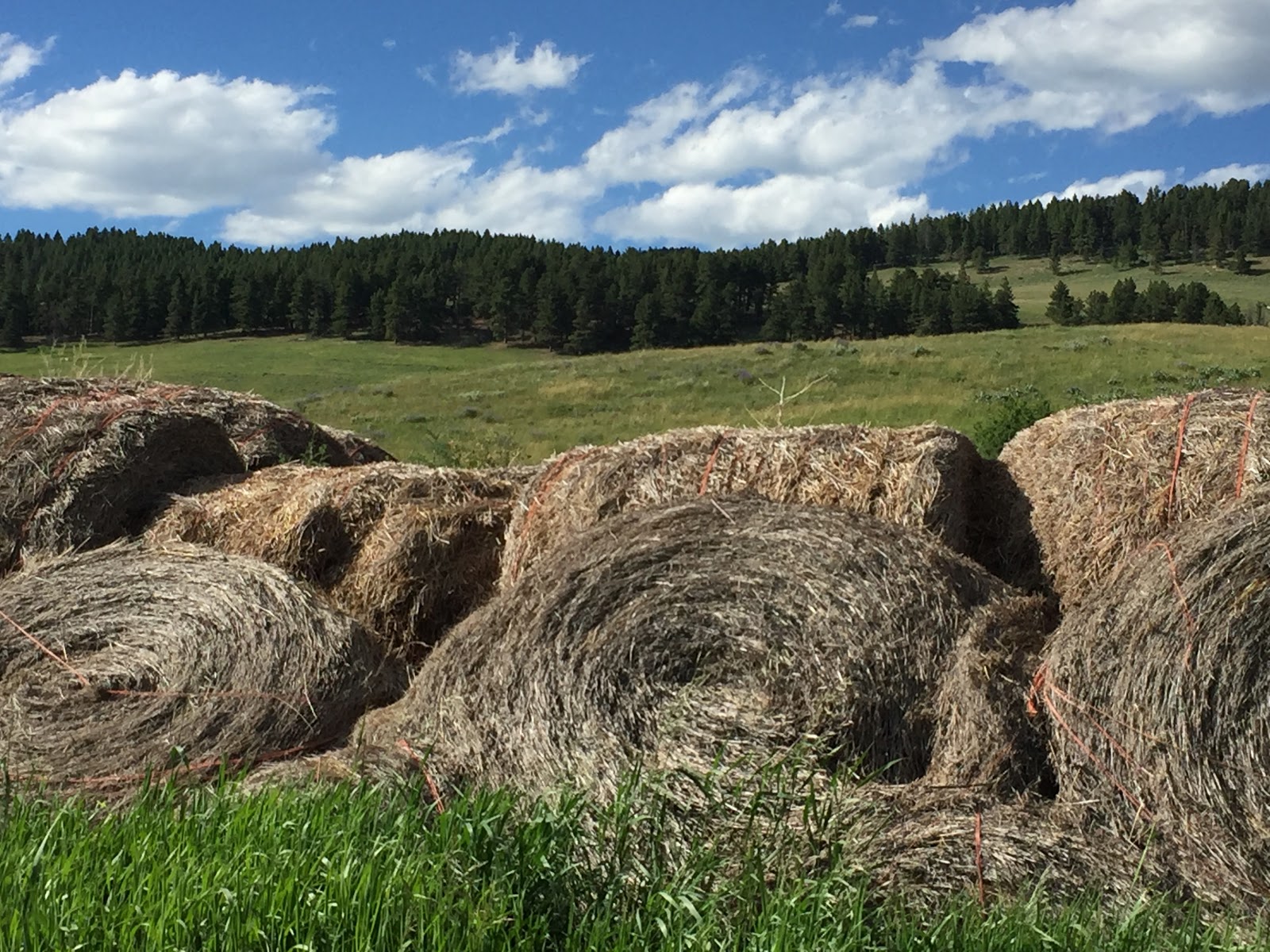
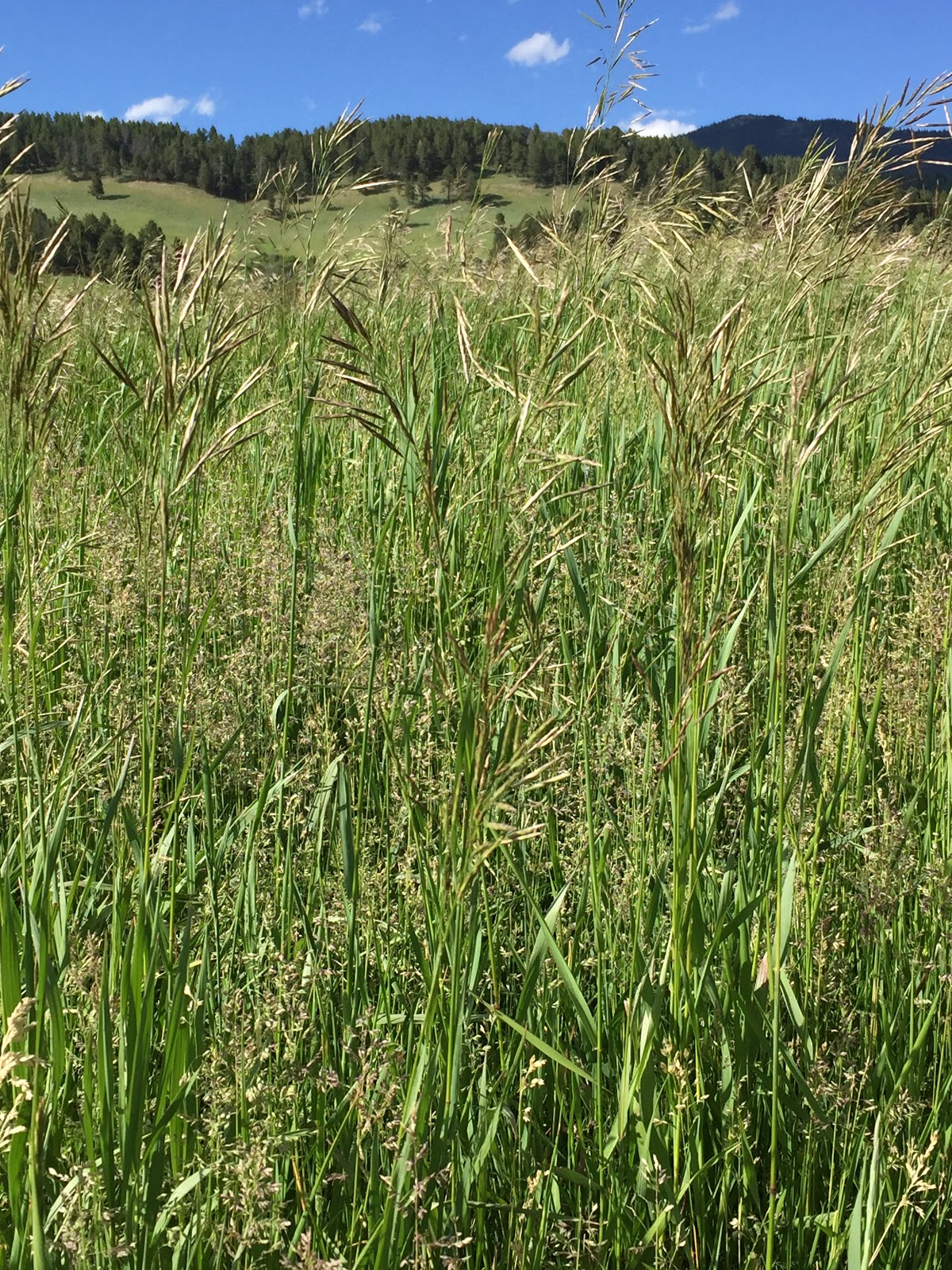
Thanks, Harriett, for this view into a world I may never see and will likely never understand. So beautiful.
Thanks Harriet, I enjoyed reading this.